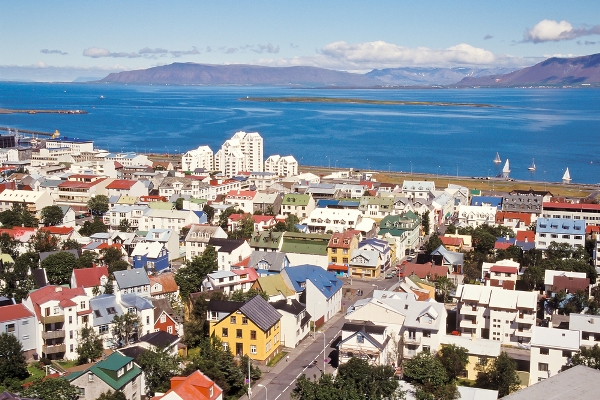China’s packed annual calendar of festivals and events is an intriguing fusion of national anniversaries, festivals based on the lunar calendar, western observances and religious themed celebrations. These are the key events throughout 2014.
Chinese New Year – Year of the Horse – 31 January 2014
The biggest annual holiday in Chinese communities throughout the world is undoubtedly Chinese New Year, which is also known as Spring Festival. It’s the first of 7 annual festivals and the colourful and deeply symbolic event is a public holiday in China from 3 January to 6 February 2014, although celebrations often go on for the traditional 23 days. People clean their homes in readiness for spring, they also hang red posters of verse, hand red lanterns and set off both firecrackers and fireworks. All across the world, dragon processions and lion dances are a common sight – street parties beat to the sound of banging gongs and thumping drums. This is also the first of China’s ‘Golden Weeks’ where many businesses are closed for the seven days of consecutive holidays.
Lantern Festival – 14 February 2014
Aligned with the lunar calendar, the 2014 Lantern Festival coincides with Valentine’s Day on the 15th day of the first lunar month. The day is marked by the hanging of colourful paper lanterns and prayers bring offered at local temples. Families gather and consume traditional glutinous rice balls.
International Women’s Day – 8 March 2014
Females enjoy a half day off work as they celebrate the achievements and contributions of women within society.
Qingming Festival – 5 April 2014
Also known as Chinese Memorial Day and Pure Brightness Festival, the three day public holiday marks the point at which the temperatures rise and the rain increases, signalling the optimal period to start sowing crops for the season. It’s also the time to pay respects to the departed, with tomb sweeping a major symbolic act of the festival. The Chinese then focus on the fun elements of the holiday by planning a spring outing and flying kites.
May Day – 1 May 2014
Established in 1886, May Day sees locals gather in public places to enjoy the entertainment and activities on offer.
Youth Day – 4 May 2014
Again a half day off is granted to the working youth between the ages of 14 and 28 as part of China festivals
Children’s Day – 1 June 2014
A one day public holiday in honour of China’s children, where the school going children under the age of 14 enjoy trips, movies and games the day before.
Dragon Boat Festival – 2 June 2014
The three day public holiday has been held each for the last 2,000 years and contains an educational element. The festival commemorates Qu Yuan who was a highly revered Chinese poet (340-278 BC). His patriotic spirit is remembered each year on the fifth day of the fifth month where dragon boat races and the eating of zongzi (glutinous rice stuffed balls) are common.
Double Seventh Festival – 2 August 2014
Much like St Valentine’s Day in the western world, this is the day for the young to express their love for each other. It stems from the legend of the cowboy Niu Lang and Zhi Nu, a fairy from heaven. Although not an official holiday, it’s a fun event to get involved in.
Chinese Mid-Autumn Festival – 8 September 2014
The second most important date on the lunar calendar is the Mid-Autumn Festival where workers take one day off to mark the event which stems from ancient moon sacrificial ceremonies. In fact the customs surrounding the event can be traced as far back as the Zhou Dynasty from 1046 – 256 BC. Families gather, offer sacrifices to the moon, connect with distant relatives around the world and consume the ubiquitous moon cake.
National Day – 1 October 2014
Each year the 1st of October is given over to China’s National Day, to mark the founding of People’s Republic of China. It’s also regarded as China’s second ‘Golden Week’, that is to say that business tend to close for seven consecutive days, from 1 to 7 October 2014. Many Chinese people travel both nationally and internationally. Local celebrations include dance performances, flag raising ceremonies and elaborate fireworks displays. It’s also worth noting that the PRC was actually formed on 21 September 1949 (not 1 October as the festival would suggest).
Chongyang Festival – 2 October 2014
Also known as the Double Ninth Festival, the days sees locals eat traditional Chongyang cake, imbibe chrysanthemum wine and climb nearby mountains. The festival also sees the Chinese pay homage to chrysanthemum plants.
Winter Solstice – 22 December 2014
This traditional Chinese festival marks the date at which the northern hemisphere experiences the shortest day. In northern China, communities consume the traditional winter dumplings and in the south sweet dumplings and tsampa are eaten.












